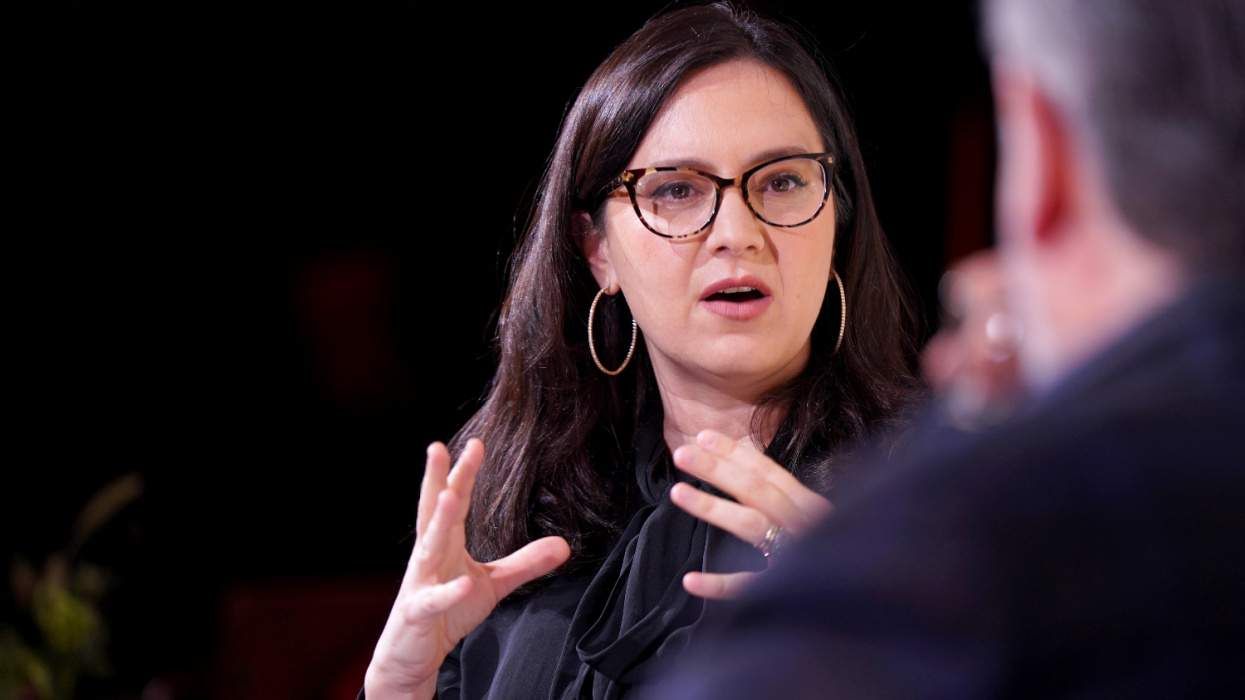The protagonist of F. Scott Fitzgerald's The Great Gatsby was queer, while the modern film version of him is decidedly straight, says Noah Berlatsky in The Atlantic.
Nick Carraway is the voice and central character of Fitzgerald's Gatsby, and for decades, pundits and scholars asserted he was gay or bisexual, and likely in love with the wealthy and troubled Jay Gatsby. Berlatsky believes director Baz Luhrmann's take on the novel, released Friday to middling reviews but decent box office numbers, whitewashes queer references to Nick.
"I was standing beside his bed and he was sitting up between the sheets, clad in his underwear, with a great portfolio in his hands," Nick, talking about an acquaintance named Mr. McKee, states in the novel. In the film, Nick meets Mr. McKee and there's an awkward exchange after Nick is introduced as "artistic," which raises McKee's eyebrow. But Nick does not go home with him and instead hooks up with a woman.
There's also a reference to Nick's history during college of watching his roommate have sex, but it passes by quickly without exploration, and not even Berlatsky notes the curious off-hand remark.
Berlatsky points out that in Luhrmann's film, Carraway falls for Gatsby's excesses by first catching sight of a beautiful female flapper moving through the tycoon's property. In the book, though, Carraway is more disgusted than attracted by the woman.
















